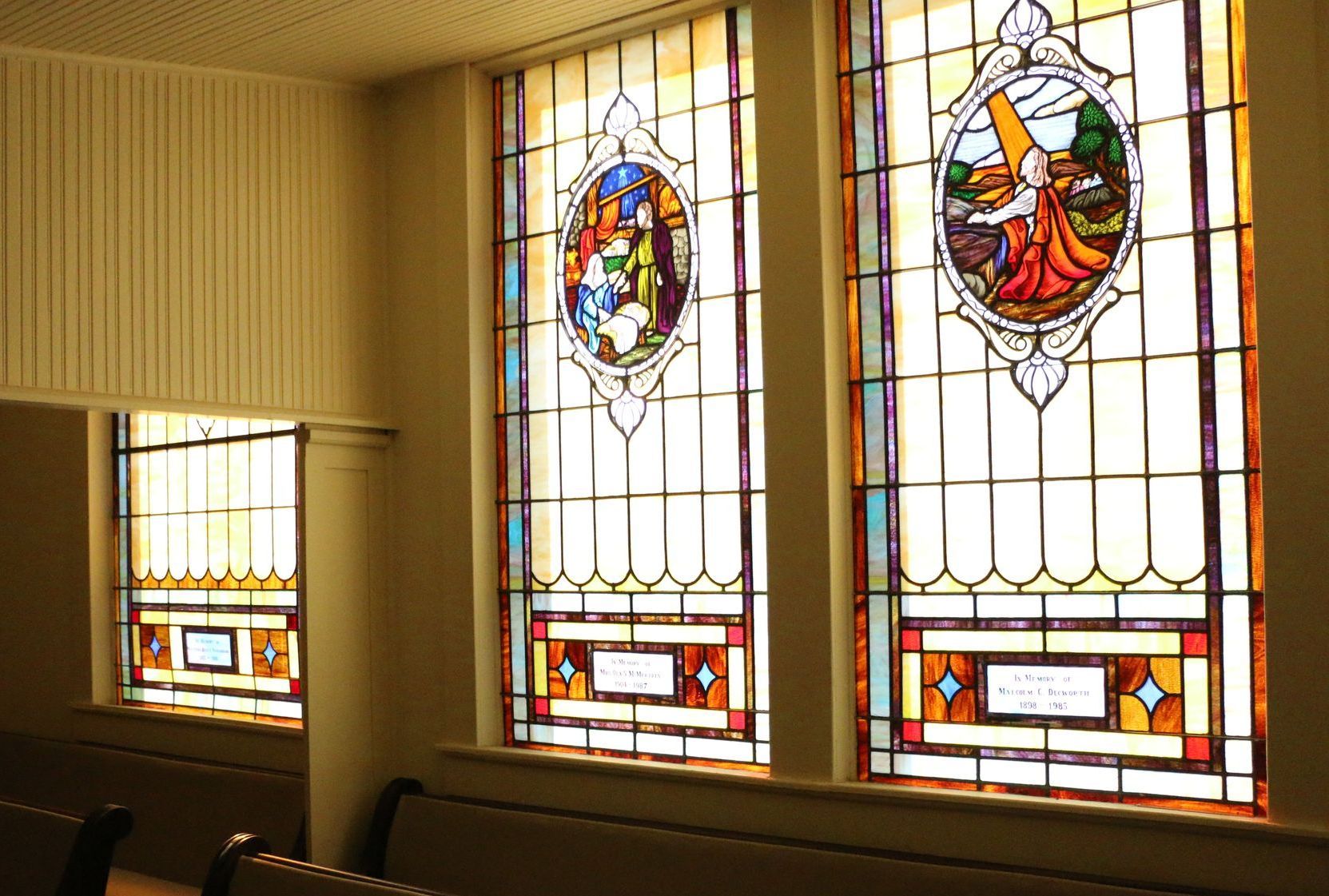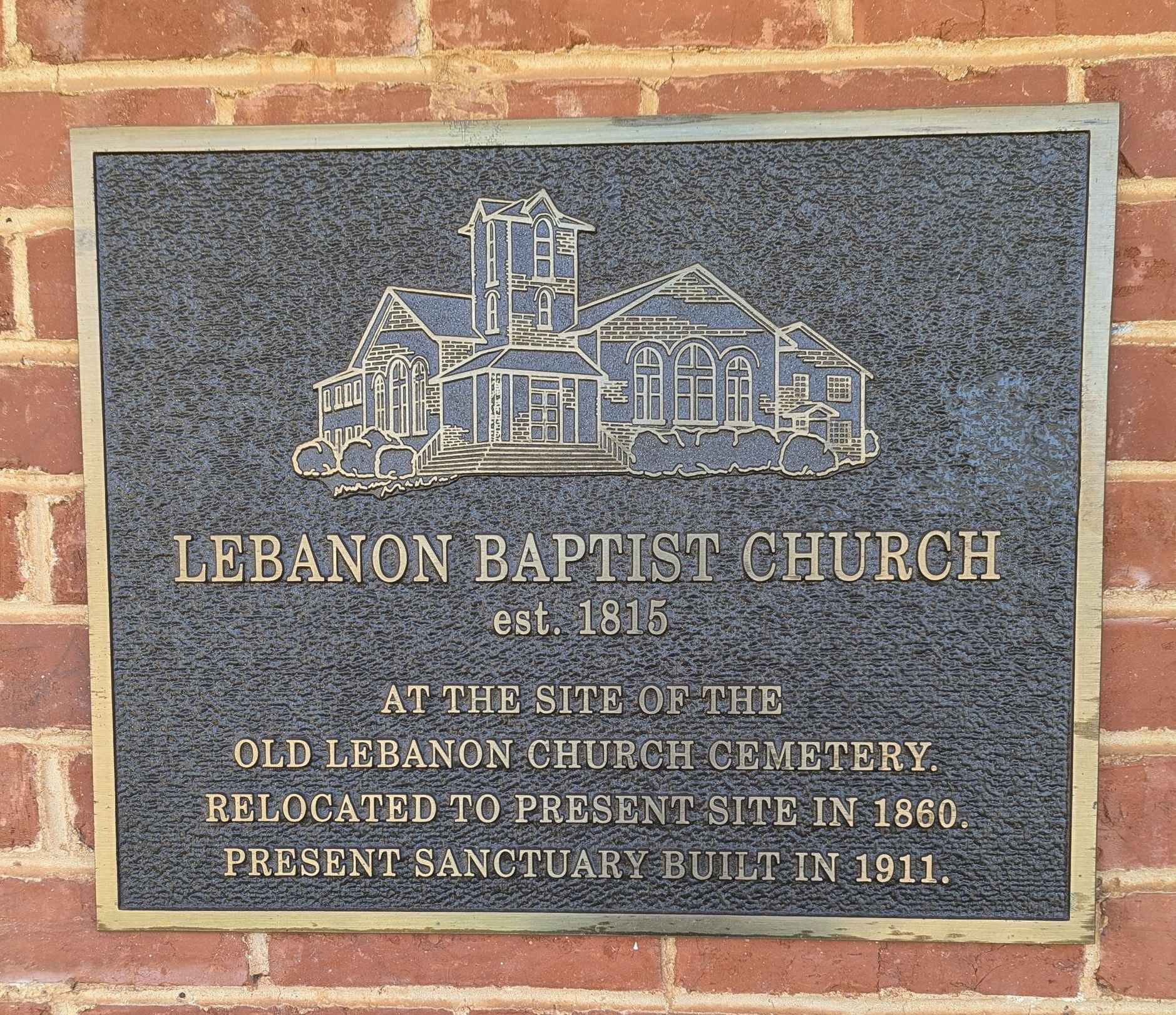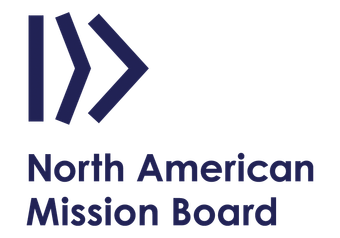Who We Are

The Purpose of Lebanon Baptist Church is to corporately bring glory to God.
We are told in 1 Corinthians 10:31 “Whether you eat or drink, or whatever you do, do all to the glory of God”
Man himself was created for God’s Glory. We find this truth in Isaiah 43:6-7, Thus says the Lord, “..., everyone who is called by my name, whom I created for my glory”
The church is the body of Christ and Lebanon Baptist Church is one local congregation of that body. Ephesians 3:21 says, “To Him be glory in the church and in Christ Jesus throughout all generations, forever and ever.” As Lebanon Baptist Church seeks to be salt and light in this area and throughout the world it is our purpose to bring glory to God in every function of this local body of believers.

The true nature of history is that it is HIStory. Peter’s confession that Jesus was “the Christ the son of the living God,” (Matthew 16:16) became the foundation upon which the church was established, and that Church expresses itself as the local church. One such part of the Church is Lebanon Baptist Church that sits at the corner of Sanders and Gentry Roads just back from Highway 178 about 10 miles north of Anderson, SC. A detailed chronicle if its history is found in A History of Lebanon Baptist Church and Community by the Reverend Marshall M. Vaughn. The dedication of this little book is “to the many Saints of Yesterday who have gone on to their rewards, but whose memory is still so vivid…and cherished with love and appreciation.”
The story of Lebanon Baptist Church covers over 210 years; it is a story that has yet to end. It is the story of people who loved their God, His Church, their families, and their community, state, and country. It is a church with a “great cloud of witnesses” (Hebrews 12:1).
The first physical site of Lebanon Church was located about 3.5 miles from the present site near Three and Twenty Creek on Lebanon Rd near the intersection of Cantrell and Lebanon Rd.
Pendleton, another 3 or so miles on up the trail, had been established as a town in 1796 and had become a haven for wealthy Charlestonians seeking to escape the heat and mosquitoes of low country summers. At the time there was a Presbyterian church (Old Stone Church) and soon to be an Episcopal Church (St. Paul’s).
The pioneer farmers, slightly to the south and east, however, came together to establish a Baptist church in 1815. They named their community ,and the church, Lebanon, because of the numerous cedar trees found in the area. The original church cemetery, marked with a historical marker, is still there.
The Lebanon community itself was described as a beautiful stretch of Piedmont Plateau between Three and Twenty and Six and Twenty Creeks. It was full of industrious farmers who worked the fertile soil bringing prosperity and abundance to the area. To make the church more central to the community, Asa Harper gave a section of land in the heart of the Lebanon community, and a new wooden church building was constructed at the present location in 1860.
In the records of the Saluda Baptist Association, Lebanon Church was referred to as the “white” church since it was the only painted church (painted white of course) in the association.
Not long after the construction of this new church, the community also organized and built a school on land donated by the church. The school operated from 1862 until its closing in 1970 and was an integral part of both church and community activities. At the school’s closing the gymnasium and another building, now the Fellowship Hall, along with the land, were purchased by Lebanon Church. In 1911, the old painted, wooden church was torn down and a new brick building was constructed. This building still stands today and is the main sanctuary of the church. A Sunday School annex was added in 1956 and then updated again in 2010.
Lebanon Baptist church has functioned as the hands and feet of Christ in the surrounding communities for 210 years and counting. There have been a myriad of pastors, both bi-vocational and full time, representing several Baptist traditions, to serve during its long history. In addition to these faithful men, pianists, organists, children’s workers, and faithful bible study teachers sought to build on the foundational confession of Peter. Along with the great “cloud of witnesses” who have attended there, Lebanon Baptist has endeavored to bring glory to God in all that they do in being the hands and feet of Jesus to the Lebanon and surrounding communities.
As we look faithfully toward the future you are invited to be a part of the continuing HIStory at Lebanon Baptist Church.














